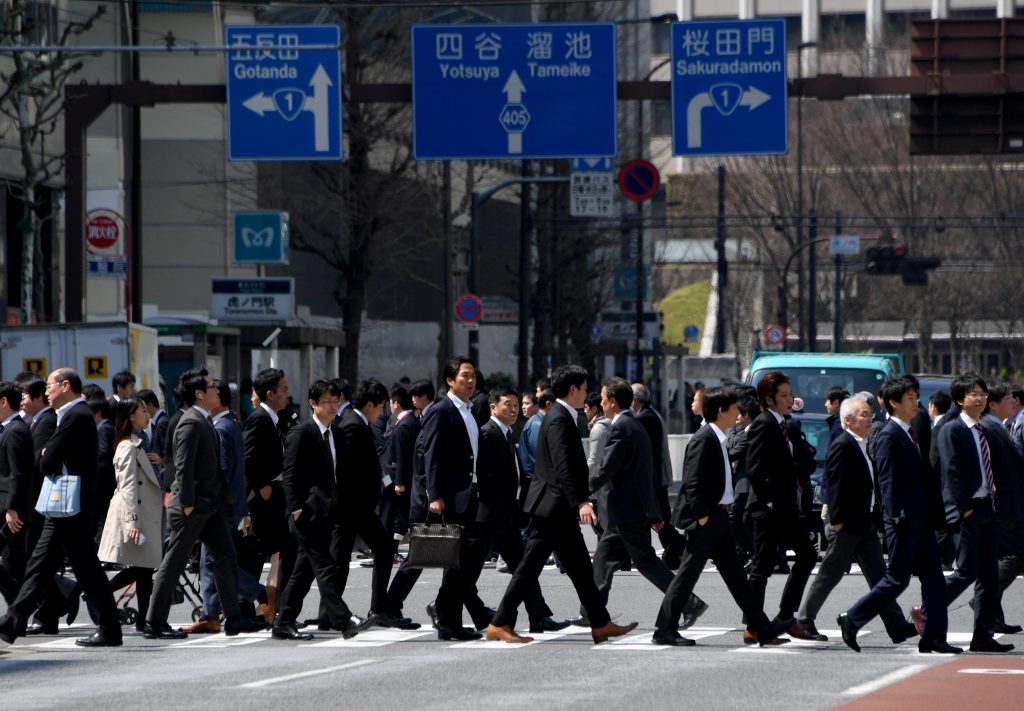
- ARAB NEWS
- 05 Jul 2025

The head of Japan’s business lobby said on Monday it was hard to set a blanket level of wage hikes for all firms, pushing back against Prime Minister Fumio Kishida’s calls for companies to boost pay to help achieve a sustainable economic recovery.
Kishida has been piling pressure on firms to raise wages as part of efforts to prop up growth and distribute more wealth to households, and has called for uniform wage hikes of 3% or more from companies that have been profitable.
“Business conditions vary from company to company, so we can’t set an uniform level” of wage hikes for all firms, Masakazu Tokura, chairman of the Japan Business Federation (Keidanren), told a news conference.
“I think the prime minister took this point into account when he voiced hope for companies that saw profits rise to increase wages by 3%,” Tokura said on the eve of a labour-management forum that kicks off this year’s annual wage negotiations.
Keidanren, which consist mainly of big, blue-chip firms, has resisted Kishida’s request and urged profitable firms to raise wages “at levels commensurate to each company’s situation”.
Tokura’s remarks underscore the challenge Kishida faces in stoking a virtuous cycle where higher wages give households more purchasing power, allowing firms to raise prices without cooling consumption and derailing Japan’s fragile recovery.
Bank of Japan Governor Haruhiko Kuroda has said wage hikes would be crucial for inflation to accelerate sustainably toward the bank’s elusive 2% target.
Japanese firms have historically been cautious about raising wages as they focus more on protecting jobs, and have weathered chronic labour shortages through streamlining and automation.
At last year’s labour talks major companies offered the lowest wage increases in eight years, of below 2%, as the COVID-19 pandemic hammered profits.
Real wages adjusted for inflation fell 1.6% in November from a year earlier, data showed, even as the jobless rate stood at a meagre 2.8%.
About 80% of economists in a Reuters poll earlier this month said Kishida’s wage policies are unlikely to trigger a virtuous cycle of growth and wealth distribution.
Reuters